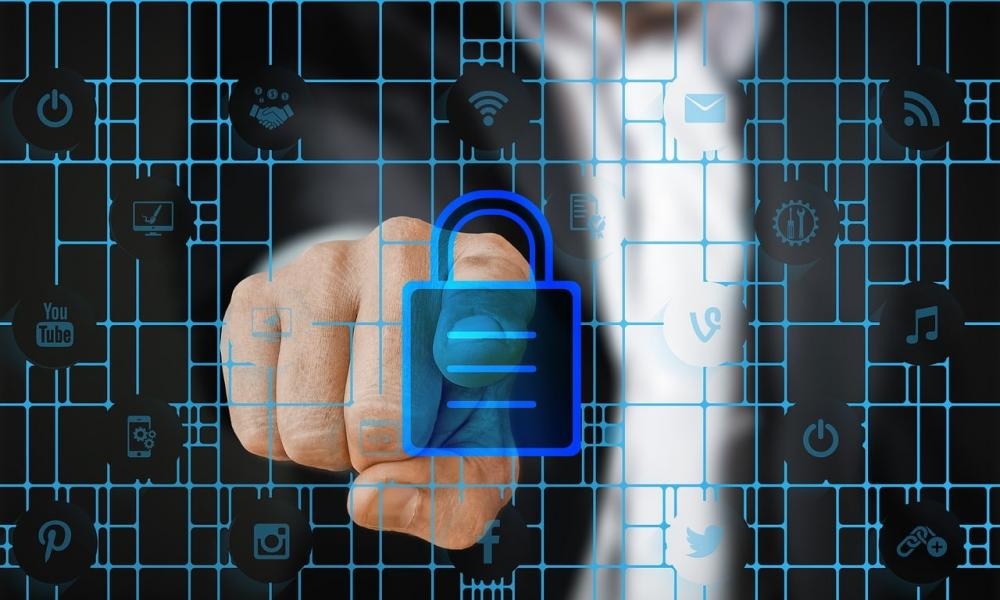
In today’s fast-paced business world, email has become an essential communication tool. It is fast, easy to use, and allows for instant communication with clients, customers, and colleagues. However, with data breaches on the rise, businesses need to take steps to protect their sensitive information. One of the most effective ways to do this is through email encryption. In this article, we will explore the importance of email encryption for businesses, the risks associated with unencrypted emails, and how to encrypt your emails.
The Importance of Email Encryption for Businesses
Email with encryption is the process of converting email messages into unreadable code during transmission. It ensures that only the intended recipient can read the message. Email encryption is essential for businesses because it protects sensitive information from being intercepted by hackers or unauthorized individuals. This includes financial information, customer data, and confidential business information.
Businesses are required by law to protect their customers’ and employees’ personal information. Failure to do so can result in fines, lawsuits, and damage to the company’s reputation. Email encryption is an effective way to safeguard this information from being accessed by unauthorized individuals.
In addition to legal requirements, email encryption can also help businesses build trust with their clients and customers. By demonstrating a commitment to data privacy, businesses can differentiate themselves from their competitors and build a loyal customer base.
You can be also interested in – https://theukbiz.com/the-ultimate-guide-to-understanding-what-is-cold-calling/.
Risks Associated with Unencrypted Emails
Unencrypted emails are vulnerable to interception, and the risks associated with this are significant. Hackers can intercept unencrypted emails and gain access to sensitive information, such as credit card numbers, social security numbers, and other personal data. This can result in identity theft, financial fraud, and other malicious activities.
Another risk associated with unencrypted emails is the potential for data leaks. Employees may accidentally send sensitive information to the wrong recipient, leaving the company vulnerable to data breaches. This can result in reputational damage, loss of business, and legal consequences.
How to Encrypt Your Emails
Encrypting your emails is a relatively simple process, and there are several ways to do it. The most common method is to use email encryption software. This software encrypts the email message before it is sent and decrypts it when it is received by the intended recipient.
Another way to encrypt your emails is to use a secure email provider. These providers use end-to-end encryption, which ensures that only the sender and recipient can read the message. Examples of secure email providers include ProtonMail and Tutanota.
Finally, you can also encrypt your emails manually using a public key encryption system. This involves exchanging public keys with the recipient, which are used to encrypt and decrypt the message. While this method is more complex, it provides an additional layer of security.
Types of Email Encryption
There are several types of email encryption, including symmetric encryption, asymmetric encryption, and hybrid encryption.
Symmetric encryption uses the same key to encrypt and decrypt the message. This method is fast and efficient, but it requires that the sender and recipient share the same key.
Asymmetric encryption, also known as public key encryption, uses two keys, a public key and a private key, to encrypt and decrypt the message. The public key is shared with the sender, while the private key is kept secret by the recipient. This method is more secure than symmetric encryption, but it can be slower and more complex.
Hybrid encryption combines both symmetric and asymmetric encryption. The message is encrypted using a symmetric key, which is then encrypted using the recipient’s public key. This method is both fast and secure, and it is the most common type of email encryption used today.
Conclusion
In today’s digital age, email encryption should be a top priority for businesses. It is essential for protecting sensitive information, meeting legal requirements, and building trust with customers. By understanding the risks associated with unencrypted emails and implementing email encryption best practices, businesses can safeguard their data and minimize the risk of data breaches.
Whether you choose to use email encryption software, a secure email provider, or a public key encryption system, the most important thing is to take the necessary steps to protect your sensitive information. By doing so, you can ensure that your business remains secure and protect your customers’ and employees’ personal information.
Protect your business today by implementing email encryption best practices. Contact us to learn more about how we can help you secure your sensitive information.
Check our follow-up guide from Reply`s specialist https://reply.io/follow-up-guide/.







